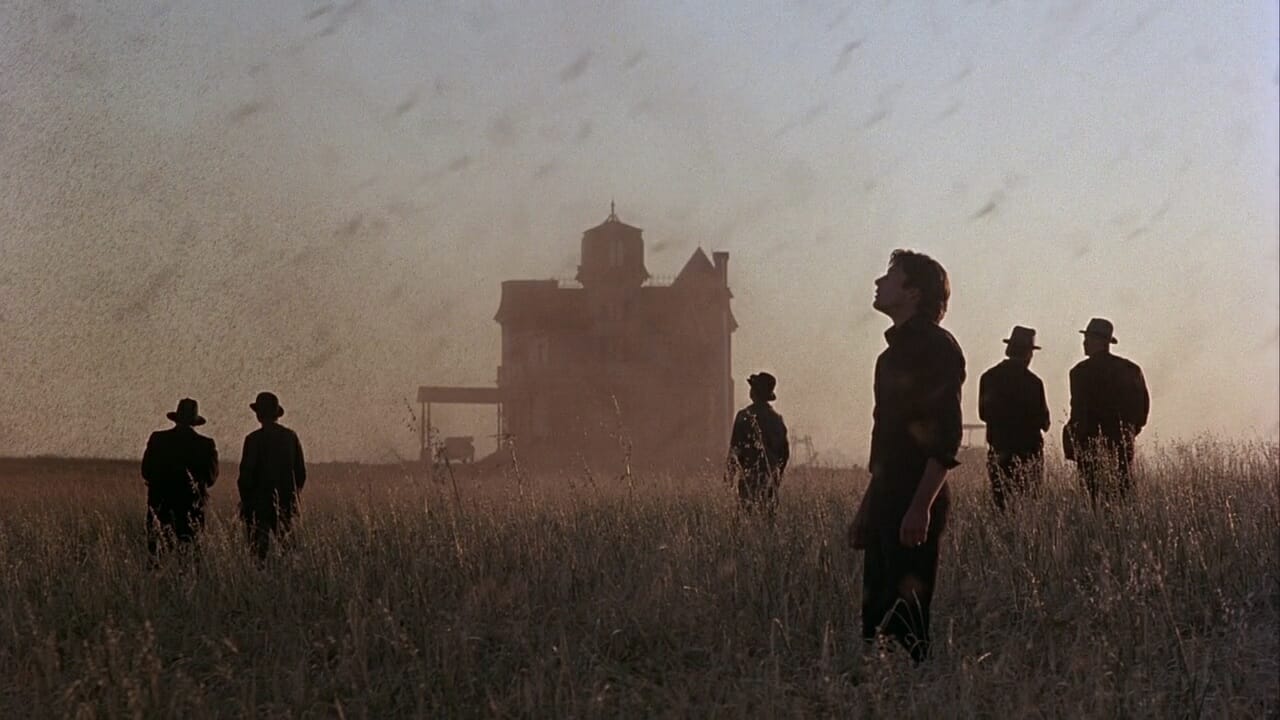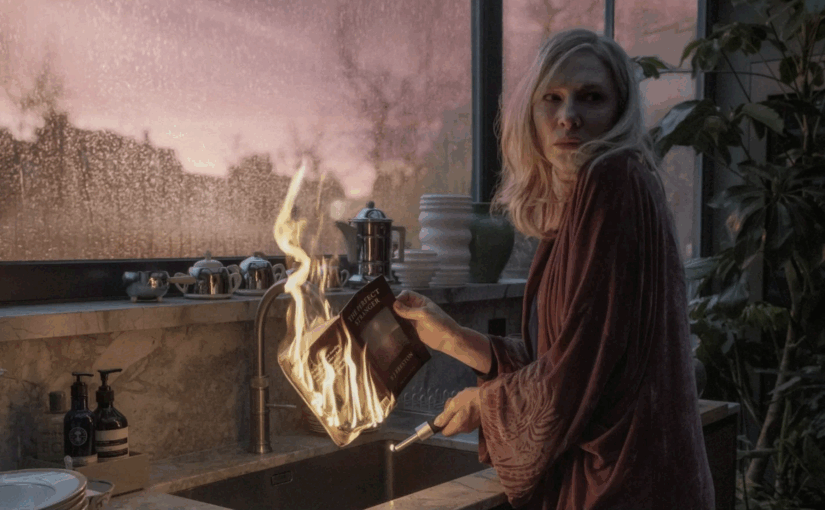-
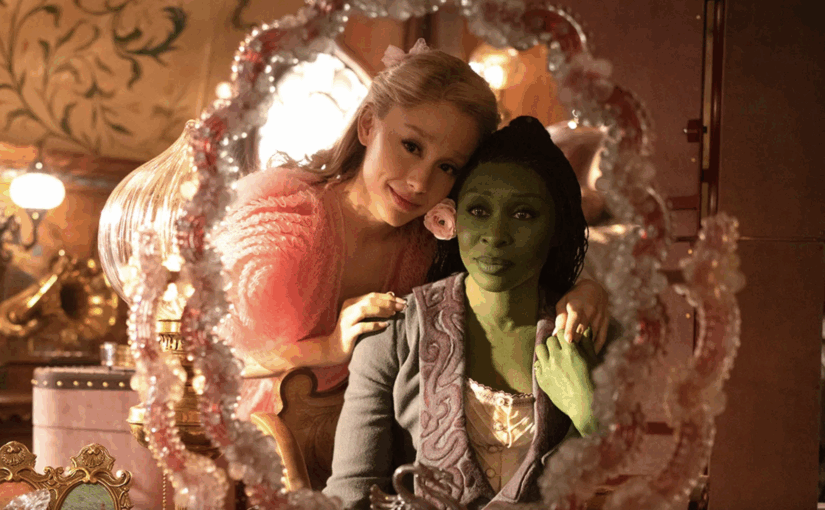
Wicked (2024)
The splendid combination of musical and cinematic talents behind Wicked effectively claims its iconic cultural status within cinema as well as theatre, expanding this whimsical fable of friendship and prejudice to elaborate, epic proportions fitting of its grand narrative stakes.
-
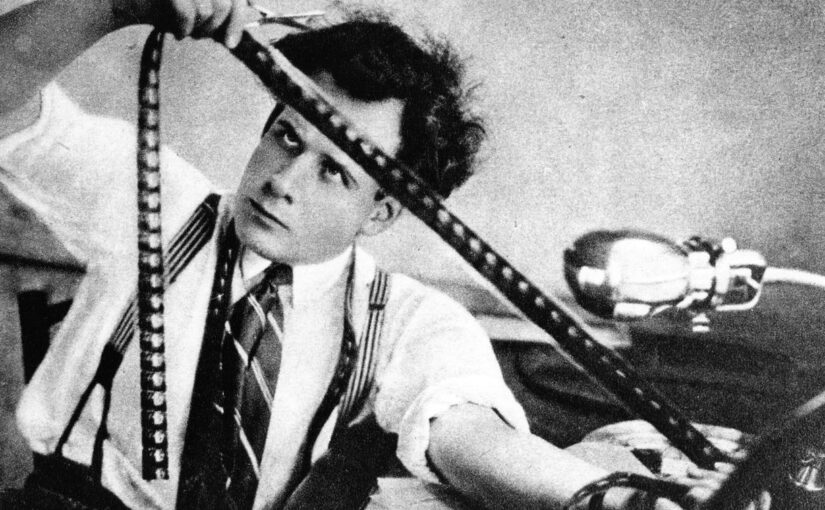
Sergei Eisenstein: Symphonies of Soviet Cinema
Cinema becomes a symphony of notes, rhythms, and textures within the hands of Soviet propagandist Sergei Eisenstein, developing the language of film editing through his five methods of montage, and reaching a peak of visual, kinetic innovation that has never been surpassed.
-
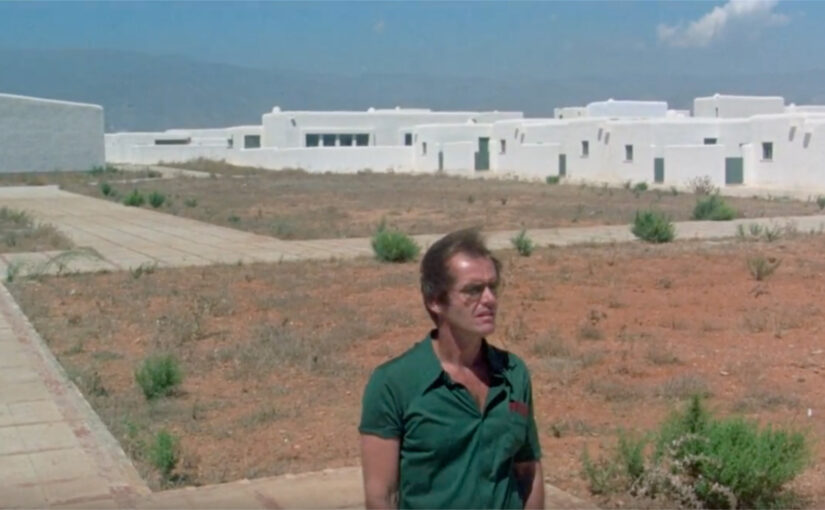
The Passenger (1975)
Stealing a dead man’s identity seems like the perfect opportunity for television journalist David Locke to escape his unfulfilling life in The Passenger, though as Michelangelo Antonioni drifts him through a perplexing labyrinth of his own making, we are implicated in his confrontation with life’s empty, senseless banality.
-
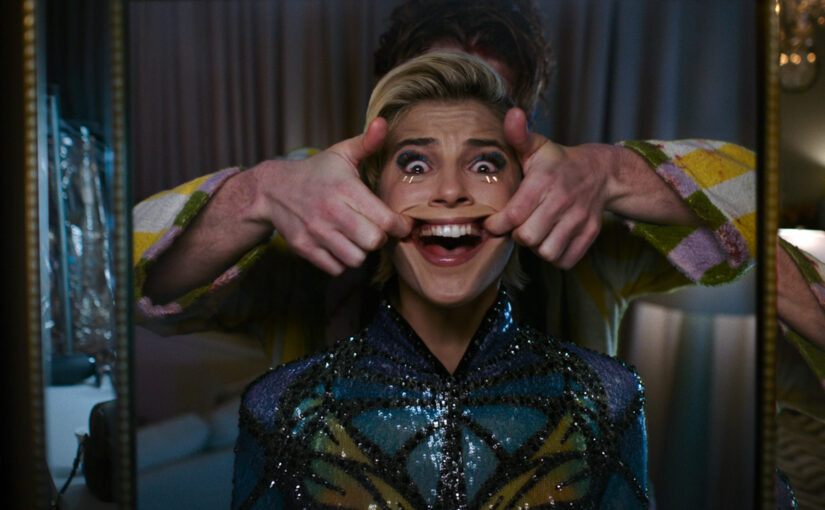
Smile 2 (2024)
Smile 2 does not quite diverge from its predecessor’s steady, downward slide into tortured psychosis, and yet Parker Finn’s cinematic ambition has nevertheless grown with this horror sequel, pushing his demonic metaphor for deep-seated trauma into the world of celebrity, substance abuse, and self-image.
-
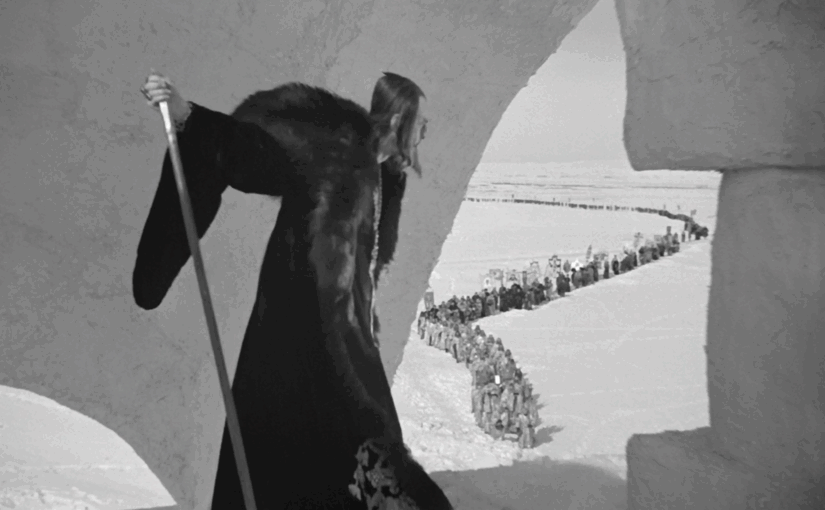
Ivan the Terrible (1944-46)
It is a little ironic that Joseph Stalin should see so much of him himself in the first Tsar of Russia, yet Sergei Eisenstein nevertheless takes the metaphor as a creative challenge in Ivan the Terrible, painting a vision of oppressive tyranny in bold, inflammatory strokes that stands true across centuries.
-
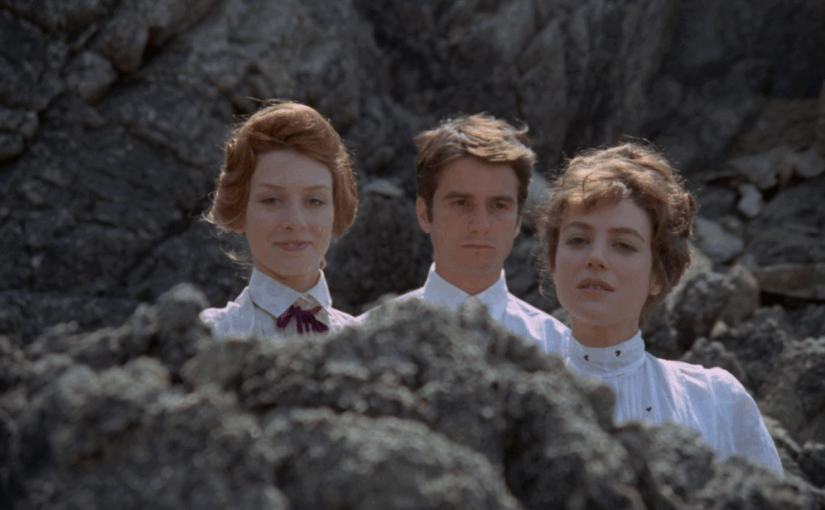
Two English Girls (1971)
By casting himself as the omniscient narrator of Two English Girls, François Truffaut imbues the love triangle between one aspiring Parisian writer and the two sisters he deeply loves with a tender, literary quality, playfully savouring every romantic and sexual encounter over nine years of their young lives.
-
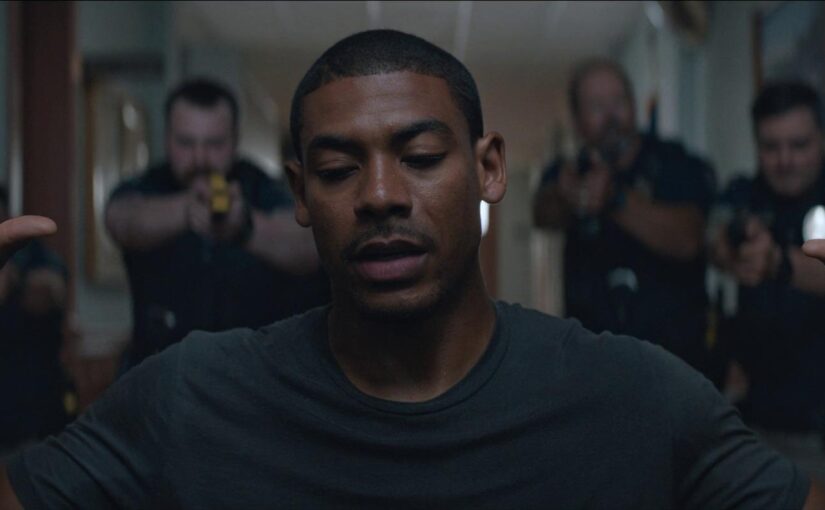
Rebel Ridge (2024)
Patience, discernment, and cunning are virtues embodied in veteran Terry’s violent pursuit of justice in Rebel Ridge, and as he fights to save his imprisoned cousin and expose a corrupt police force, so too are they superbly carried through in Jeremy Saulnier’s tense, brooding storytelling.
-
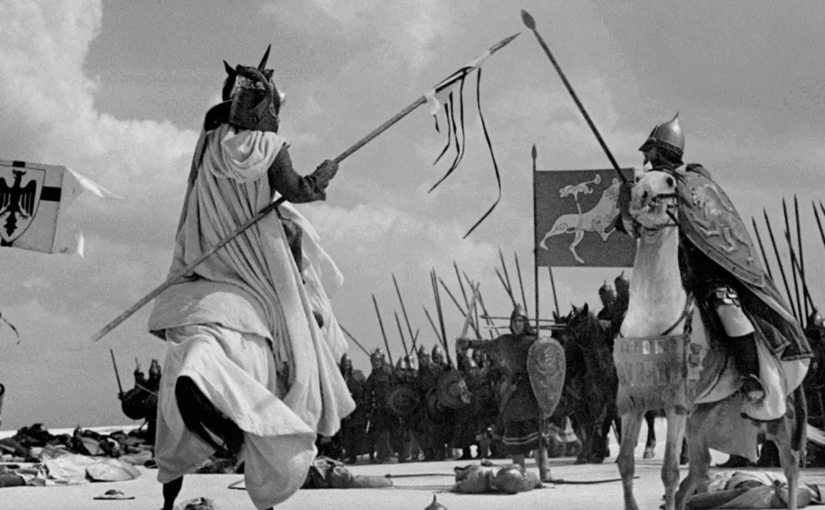
Alexander Nevsky (1938)
Alexander Nevsky may not possess the formal innovation of Sergei Eisenstein’s avant-garde silent films, yet this venture into sound cinema unfolds a historic clash of medieval armies with incredible finesse, celebrating a Russian folk hero whose tale resonates across eras and cultures.
-
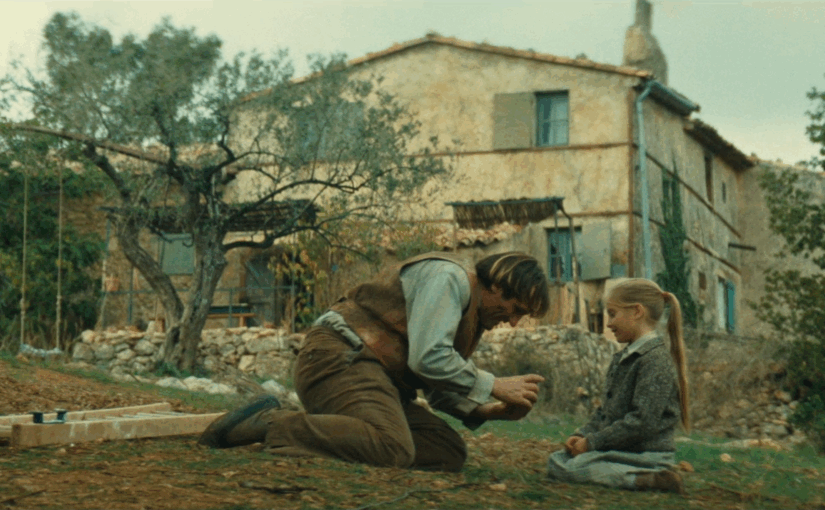
Jean de Florette & Manon of the Spring (1986)
Claude Berri does not set his Shakespearean tragedy of greed, scorn, and betrayal within historical halls of power, but underscores its meekness through the sun-dappled farms of 1910s France, witnessing the fateful, divine devastation wreaked upon two feuding families in Jean de Florette and Manon of the Spring due to a pair of blocked springs.
-
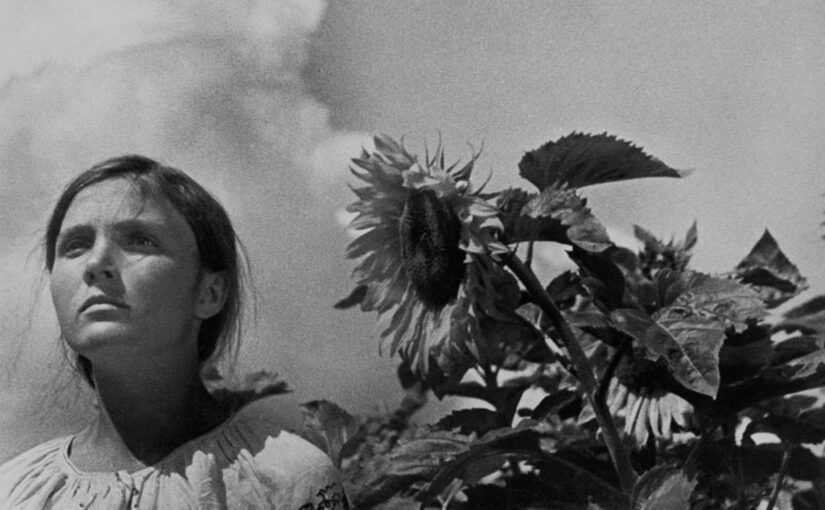
Earth (1930)
The symbiosis between man, machine, and nature is a delicate dance in Earth, choreographed with seamless synchronicity through Oleksandr Dovzhenko’s lyrical montage editing, and celebrating the collectivist return of farming land back to the workers in the Soviet Union’s early days.
